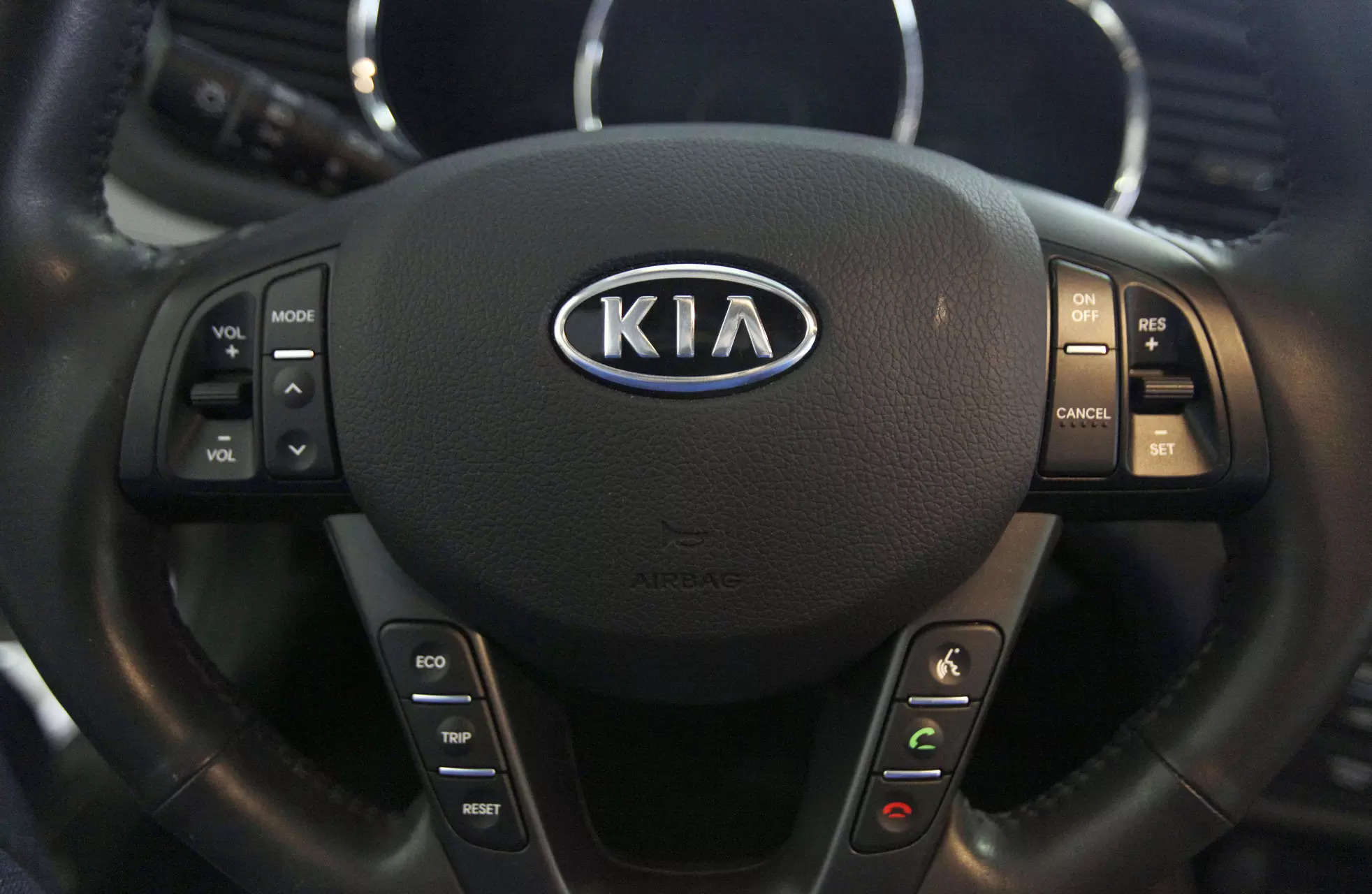“We have an aggressive business plan for next year. We are looking to add 100 more sales outlets and enhance installed production capacity by 1 lakh units,” Kia India Managing Director and CEO Tae-Jin Park told PTI in an interaction.
The company currently has a production capacity of 3.4 lakh units per annum at its Andhra Pradesh-based manufacturing plant.
Kia currently has 429 sales outlets in the country.
When asked about the investment on the capacity expansion, Park did not share the details but noted that it would be “substantial”.
He said that the company’s sales were impacted last year due to a variety of reasons including component shortage and the issues stand resolved now. Elaborating on the enhanced focus on the domestic market, Park said Kia would curtail exports from the country in 2024. The overseas shipments next year would be up to 10 per cent of the overall production, he added.
Kia currently exports around 20 per cent of its production to global markets.
On enhancing the sales network, he said the company is looking to target tier III and tier IV towns next year while also enhancing presence in some of the bigger cities.
“We expect the domestic market to get more competitive and crowded next year, so we are looking at all these measures,” Park noted.
On new product introductions, he stated that the company will introduce the new version of Carnival MPV in the country next year.
“After that we are also seriously considering other models for the Indian market including a model that would be bigger than the Seltos,” Park said.
When asked about the company’s electric vehicle plans for the country, he noted that Kia would launch EV 9 next year.
“In 2025 we would initiate local production of a mass segment EV and then every year we will keep introducing the electric models,” Park said.
In the long term, the company aims to target 15-77 per cent market share of the EV market in India by 2030, he said.
When asked about the government policies for the EV segment in India, Park said, “It is a little bit different from other advanced countries like America, Europe or even South Korea ”.
It is about offering incentives to the customers in these markets while production incentives are being offered, he said.
“So when you consider the incentive programme for EVs in India, it will take some time to popularise the EV and to transform the Indian automotive industry,” Park stated.
When asked if the company is also looking to introduce products with alternate fuels like hydrogen and CNG, he noted: “We are preparing at the possibility of bringing products with hybrid and CNG as part of enhancing environment-friendly options in the market.”
He noted that the company is continuing with diesel trims across its product range as there is significant customer demand for such models.
Diesel trims continue to account for 40-45 per cent of total sales in Seltos and Sonet, Park said.
The new Sonet comes with petrol and diesel powertrains and more than 25 safety features, including ADAS.
The company has also re-introduced diesel trims with manual transmission. “Our ambition is to secure the leading position in the compact SUV segment with the introduction of the new Sonet,” Park stated.
The model which premiered in India is now being exported to over 100 countries, he added.


